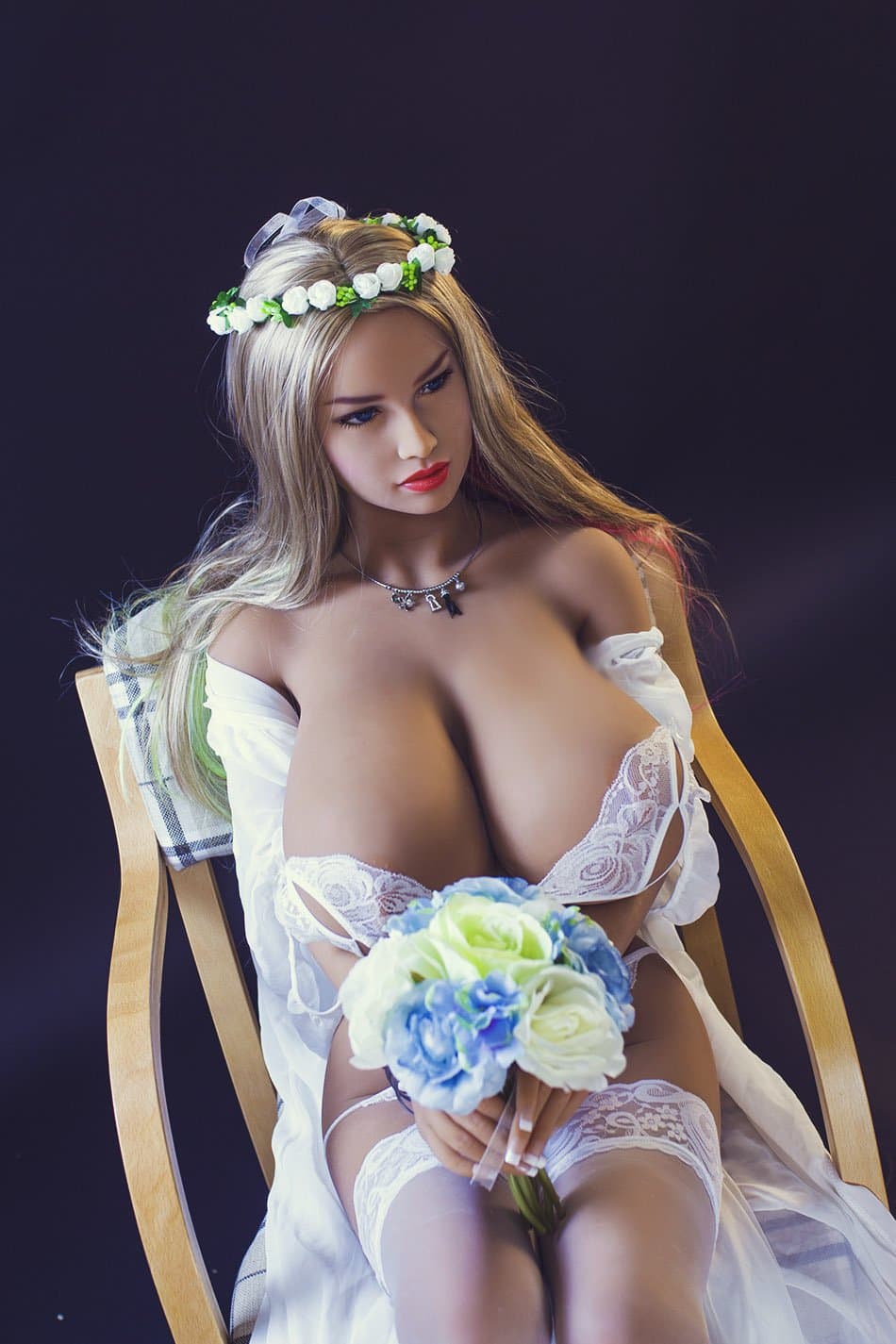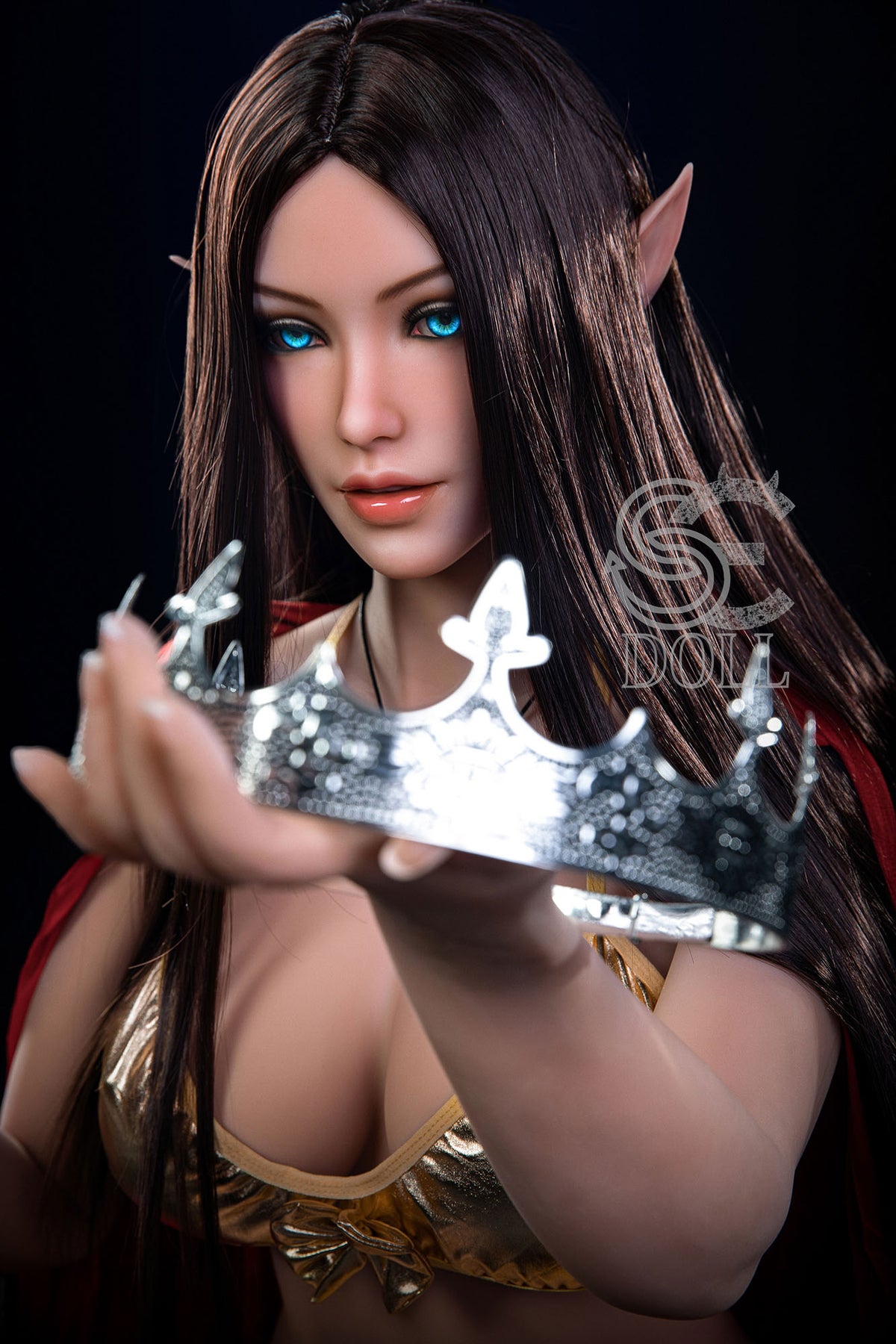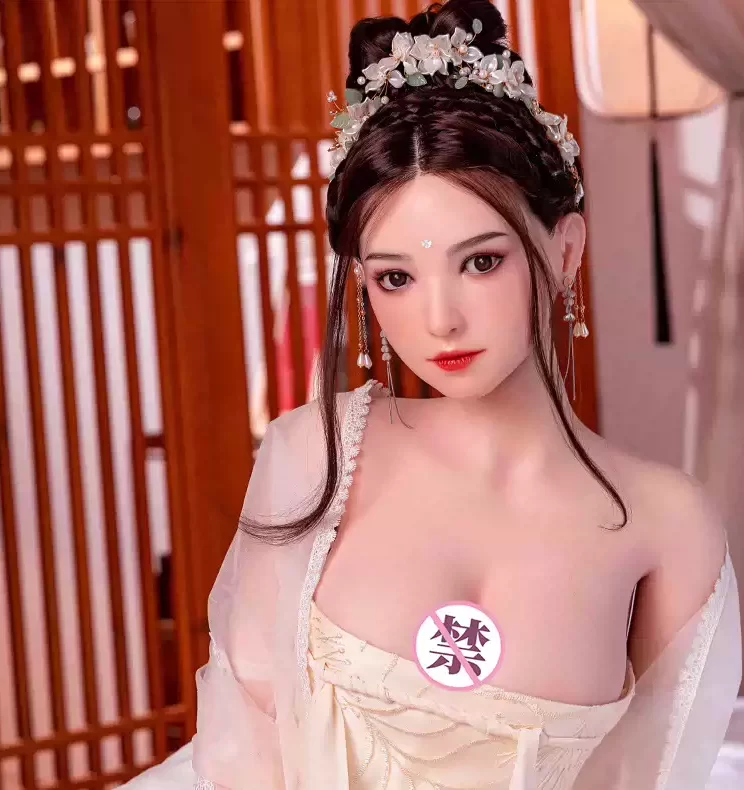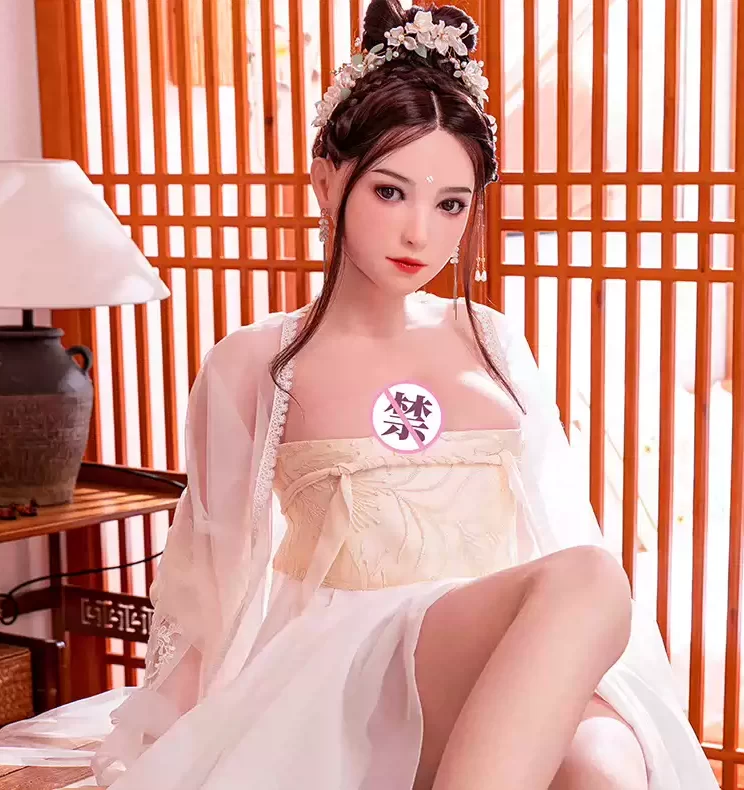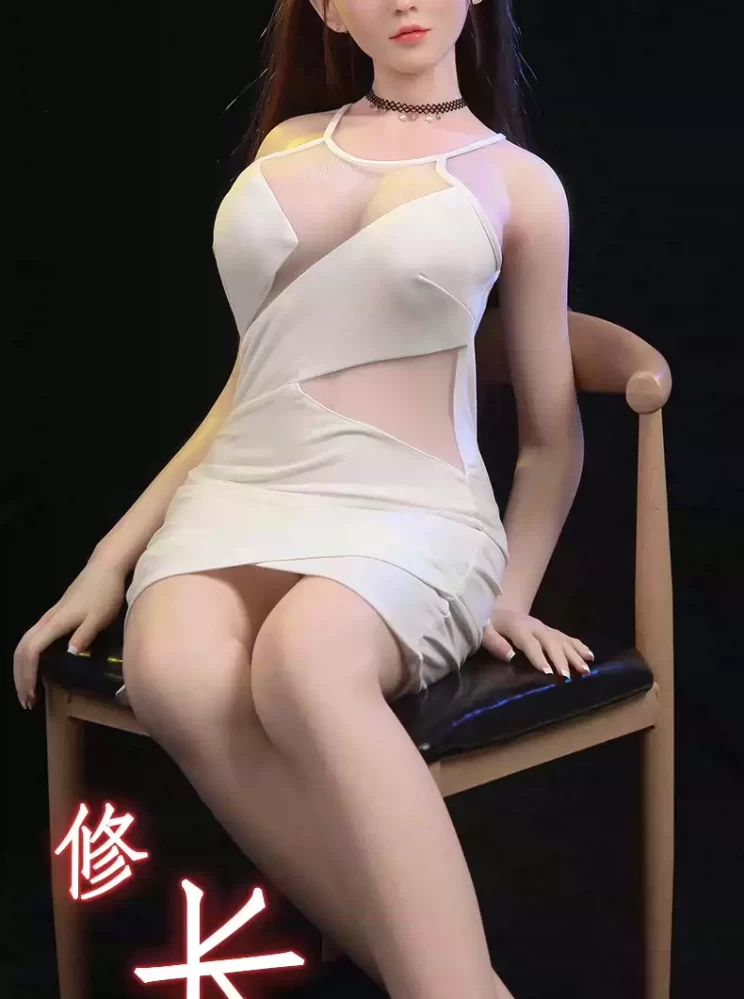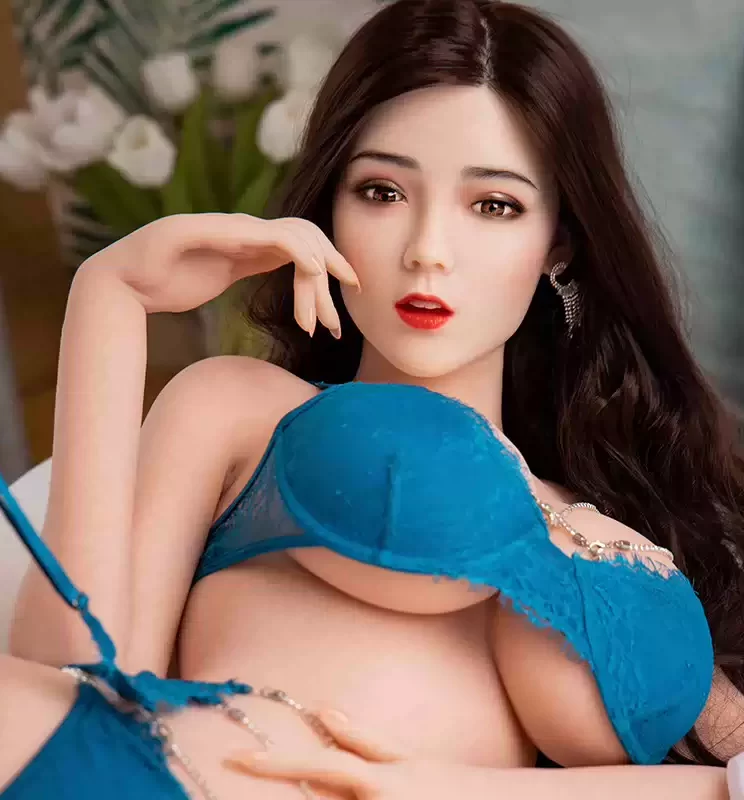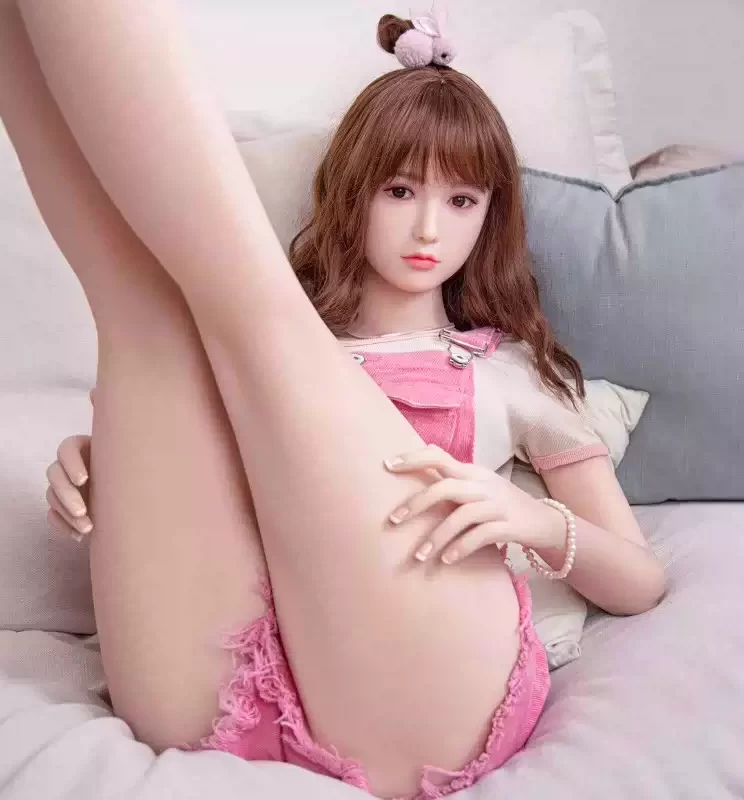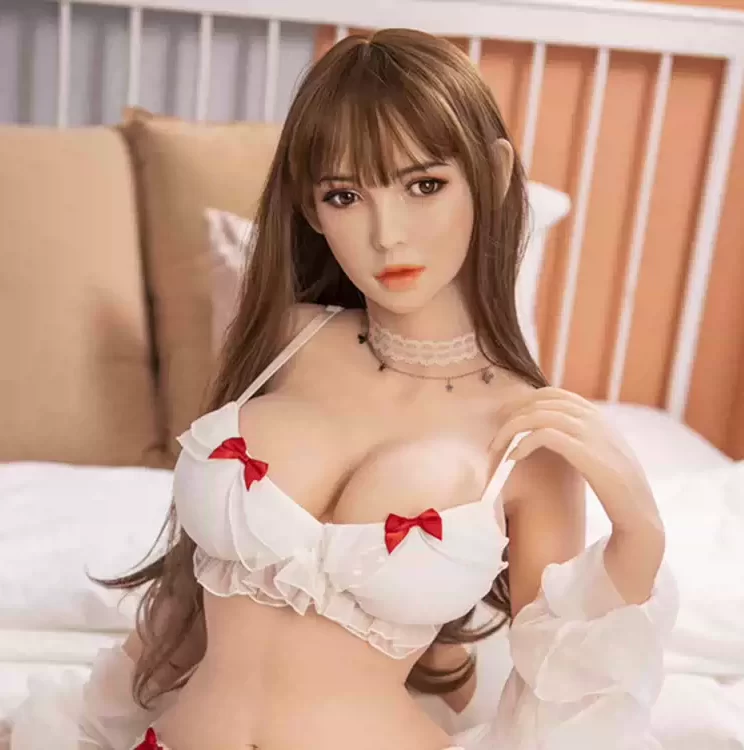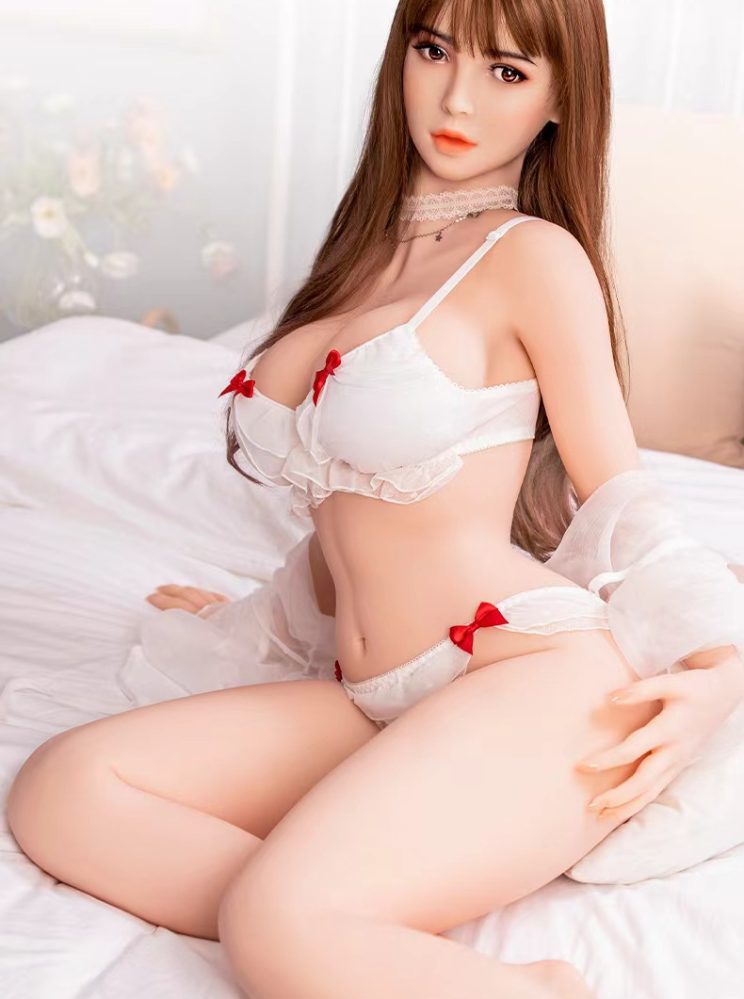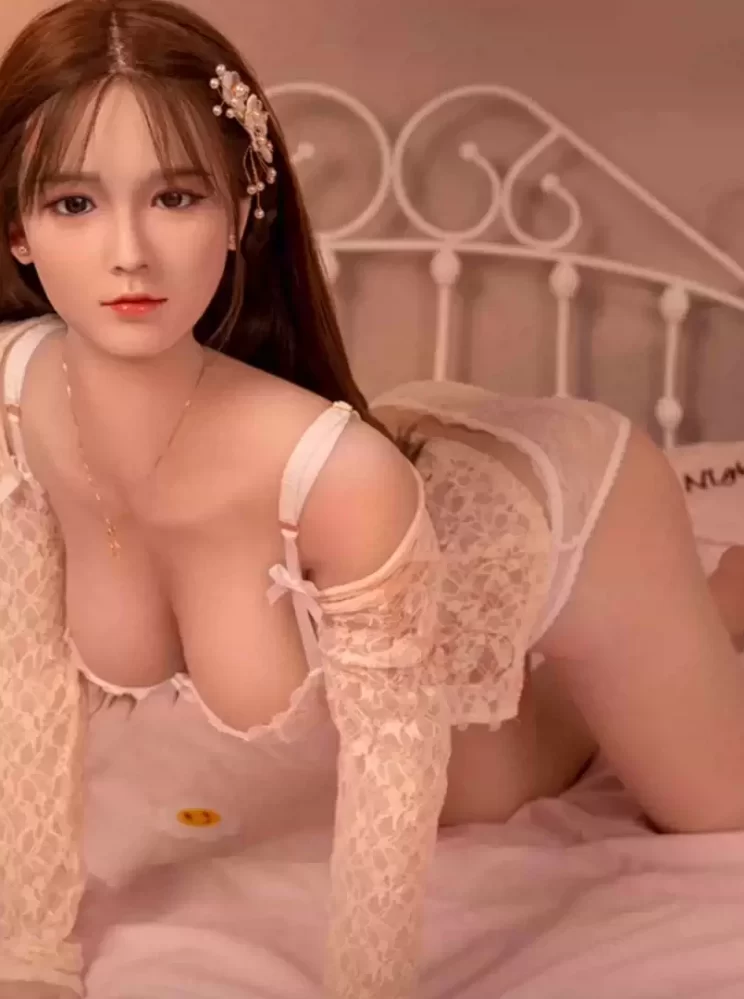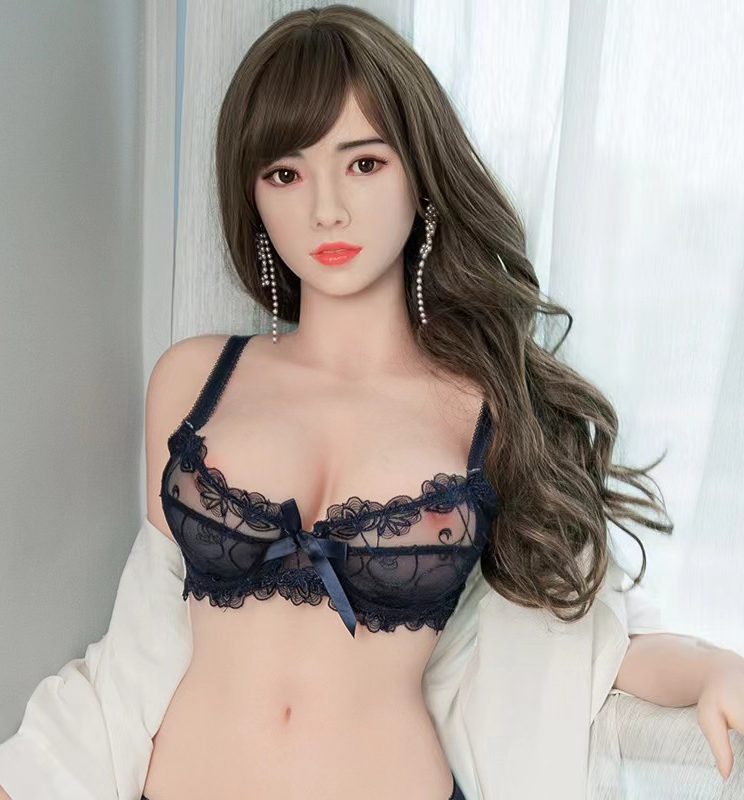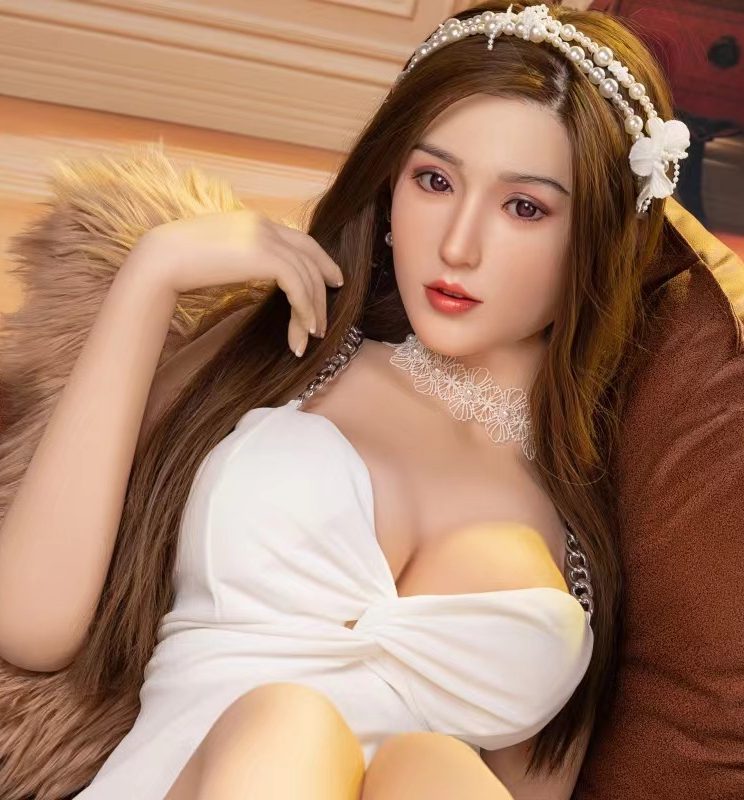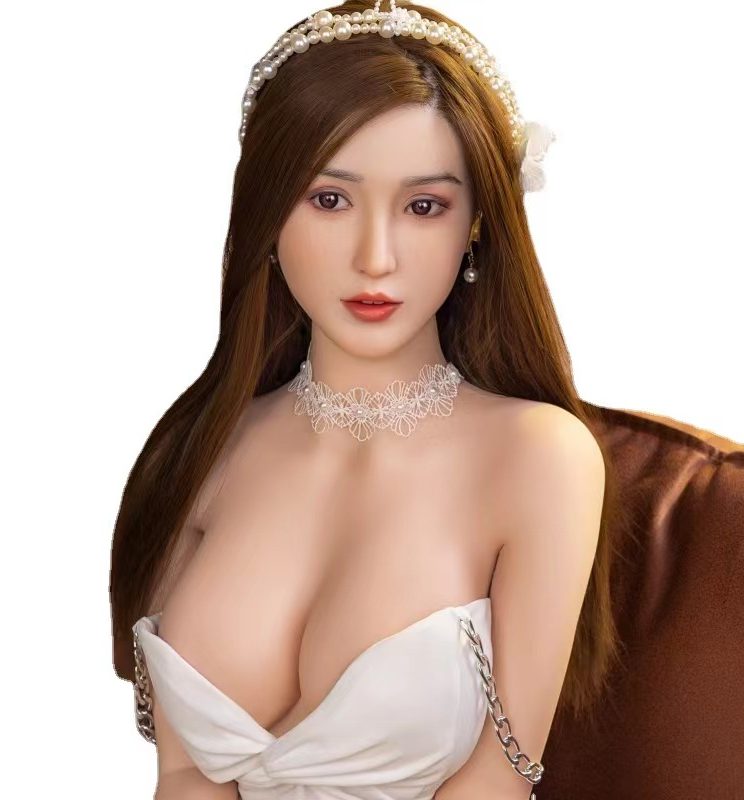Title: The Intricacies of Doll Sexing: A Comprehensive Exploration
Introduction:
Doll sexing, a term that often raises eyebrows and sparks debates, refers to the process of determining the gender of dolls. It is an intricate and fascinating aspect of the doll-making industry that has been around for centuries. In this article, we will delve into the history, techniques, and significance of doll sexing, aiming to provide a comprehensive understanding of this fascinating practice.
I. The History of Doll Sexing
1. Ancient origins: The concept of doll sexing dates back to ancient civilizations, where dolls were used for various purposes, including divination, education, and entertainment. These dolls were often crafted with distinguishable features to represent male and female genders.
2. The evolution of doll sexing: Over time, doll sexing techniques have evolved, reflecting changes in societal norms and cultural values. From simple features like hair color and clothing to intricate details like facial expressions and body proportions, doll sexing has become an art form in itself.
II. Techniques of Doll Sexing
1. Physical attributes: The most common and straightforward method of doll sexing involves examining physical attributes such as hair color, clothing, and body proportions. For instance, dolls with long, flowing hair and dresses are typically considered female, while those with short hair and more rugged clothing are associated with males.
2. Facial expressions: Doll sexing can also be determined by facial expressions. Soft, delicate features and expressions of affection are typically associated with female dolls, while more assertive and stoic expressions are linked to male dolls.
3. Historical and cultural references: Doll sexing can also be influenced by historical and cultural references. For example, traditional Chinese dolls often feature distinct features to symbolize their origins and cultural significance, making the process of doll sexing more complex.
III. The Significance of Doll Sexing
1. Historical and cultural value: Doll sexing holds immense historical and cultural value, as it reflects the evolving social and gender norms of different societies. By examining the characteristics of dolls, we can gain insights into the values and beliefs of past generations.
2. Artistic expression: Doll sexing is a form of artistic expression that allows doll-makers to showcase their creativity and craftsmanship. The intricate details and unique features of dolls can be a testament to the skill and dedication of the doll-makers.
3. Entertainment and education: Dolls have always been a source of entertainment and education for children. By incorporating doll sexing into the design process, doll-makers can create dolls that cater to the interests and preferences of different age groups.
IV. The Debate Surrounding Doll Sexing
1. Gender stereotypes: One of the main criticisms of doll sexing is that it perpetuates gender stereotypes. Critics argue that dolls with specific features reinforce traditional gender roles and limit the choices available to children.
2. The need for diversity: Another concern is the lack of diversity in doll sexing. Many dolls still feature limited representations of gender and ethnicity, which can be exclusionary to children from various backgrounds.
V. The Future of Doll Sexing
1. Embracing diversity: As society becomes more inclusive and aware of gender and cultural diversity, the future of doll sexing may see a shift towards creating more diverse and inclusive dolls.
2. Technological advancements: With the advent of 3D printing and other cutting-edge technologies, doll sexing may become more personalized and customizable, allowing for a wider range of choices and expressions.
Conclusion:
Doll sexing is a fascinating and intricate aspect of the doll-making industry that has evolved over centuries. By examining the techniques, significance, and debates surrounding doll sexing, we can appreciate the art form and its role in reflecting societal values and norms. As the future of doll sexing continues to evolve, it is crucial to embrace diversity and strive for more inclusive and representative dolls that cater to the needs and interests of all children.


